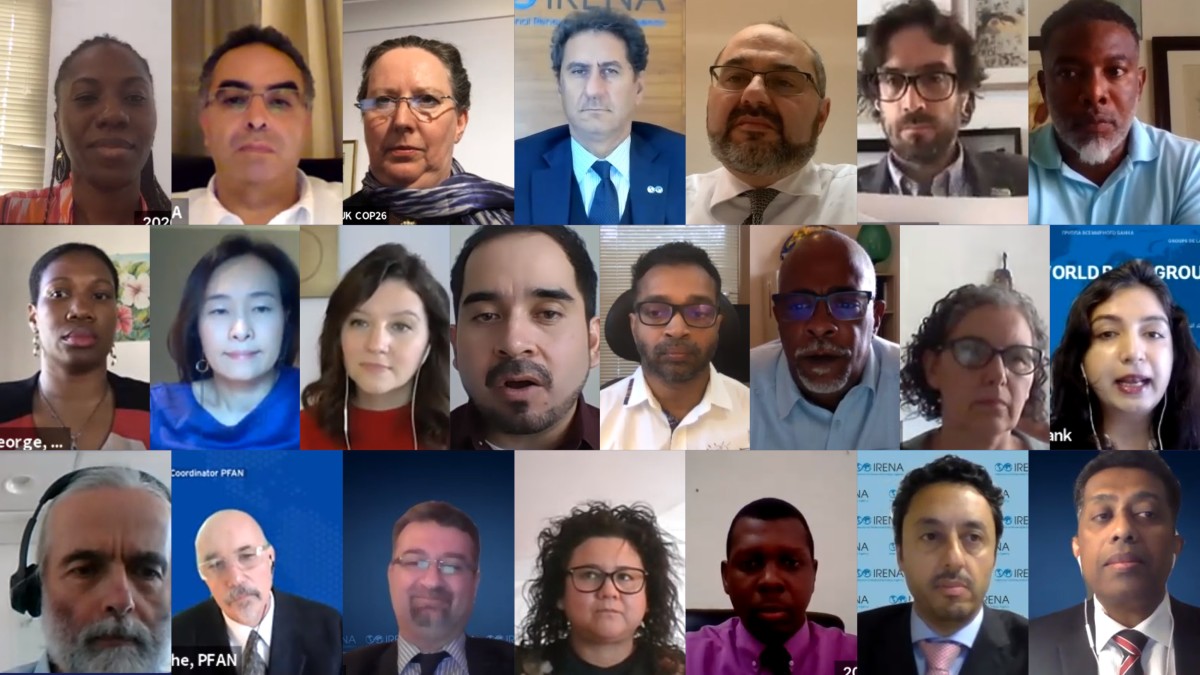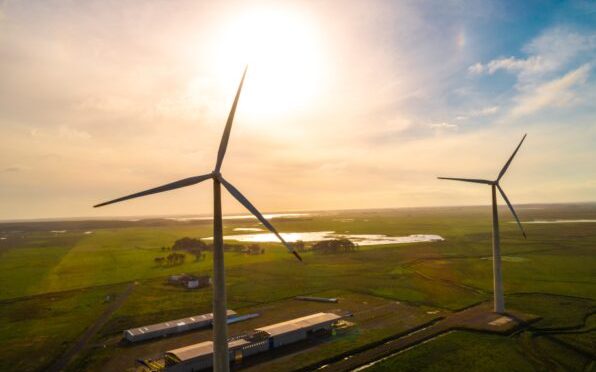Renewable energy is a central part of national climate pledges under the Paris Agreement. Nationally Determined Contributions (NDCs) set out the steps that countries intend to take to keep the rise in global average temperature to well below 2°C. However, current national plans, as far as they set renewable power targets, lack ambition compared to already-apparent market trends. This is especially true in Latin America and the Caribbean (LAC) where the 2030 renewable energy target would be achieved by 2021 if the recent pace of clean energy growth continues.
The COVID-19 pandemic has affected countries worldwide, slowing economic activities and hindering country-level NDC review processes. However, as countries turn towards renewables for economic recovery, raising ambition and placing energy transition at the heart of short-term recovery will be crucial in next round of NDCs. LAC countries are showing a strong commitment to increase ambition as an essential component of successful economic recovery.
“It is encouraging to see that countries in Latin America and the Caribbean are positioning the energy sector at the core of the post-COVID recovery of the region,” said IRENA Director-General Francesco La Camera, offering his welcoming remarks at the webinar on ‘Advancing the Energy Transition in Latin America and the Caribbean through Nationally Determined Contributions (NDCs).
“By making strategic investments and policy choices that focus on energy transition, we can strengthen economic recovery, bolster sustainable development and set the course towards a fully decarbonised system by the middle of this century,” he added.
The two-day webinar, held by IRENA together with the United nations Framework Convention on Climate Change (UNFCCC) and UK COP26 Presidency, hosted regional discussions on raising the ambition of national climate pledges in the lead up to COP26 and explored synergies between the energy transition in LAC countries and their economic recovery from COVID-19.

James Grabert, Director for Mitigation at the UN Climate Secretariat stressed the importance of submitting NDCs “regardless of COVID.” “We cannot achieve this parallel action of recovering from COVID and building a more sustainable future without immediate plans to boost NDCs”, he said. “Despite the challenges posed by COVID, several countries have already submitted their updated NDCs. We know that more will follow by the end of this year and towards COP26 next year.”
According to IRENA analysis, current NDC power targets leave 59% of the potential for renewable electricity in line with the climate agreement untapped by 2030. NDC power targets even fall increasingly short of national strategies and plans. Aligning the next round of NDCs closely to those real-world targets could increase global renewable power capacity to 5.2 TW (or 2.2 times current global capacity) by 2030.
Describing NDCs as “living documents that we need to turn into reality”, Fiona Clouder, UK COP26 Regional Ambassador for Latin America & Caribbean, encouraged action, underscoring the need to transform business culture, mobilise more finance to help with green and development projects and optimise financial opportunities for the private sector. “The science has informed us that there is now a huge gap between our aspiration to keep temperature rise within 1.5 degrees and the reality of where the world is heading, making the process we are all going through in developing these NDCs and long-term strategies ever more important,” she concluded.
The two-day virtual event gathered participants from government institutions, development partners, media and non-governmental organizations, serving as a platform for exchanging experiences, lessons learned and best practices in the LAC region regarding the NDC review, submission and implementation process. Other key topics such as the challenges in the deployment of end-use sector solutions and the engagement of the private sector in the financing of NDC implementation were also the focus of discussions.
IRENA is supporting more than 60 countries worldwide, 18 of them from the LAC region, in the NDC update process and implementation. Through partnerships with key organisations such as the UNFCCC and UK COP26 Presidency, IRENA aims to maximise its efforts in positioning renewables at the centre of economic recovery and climate action.


